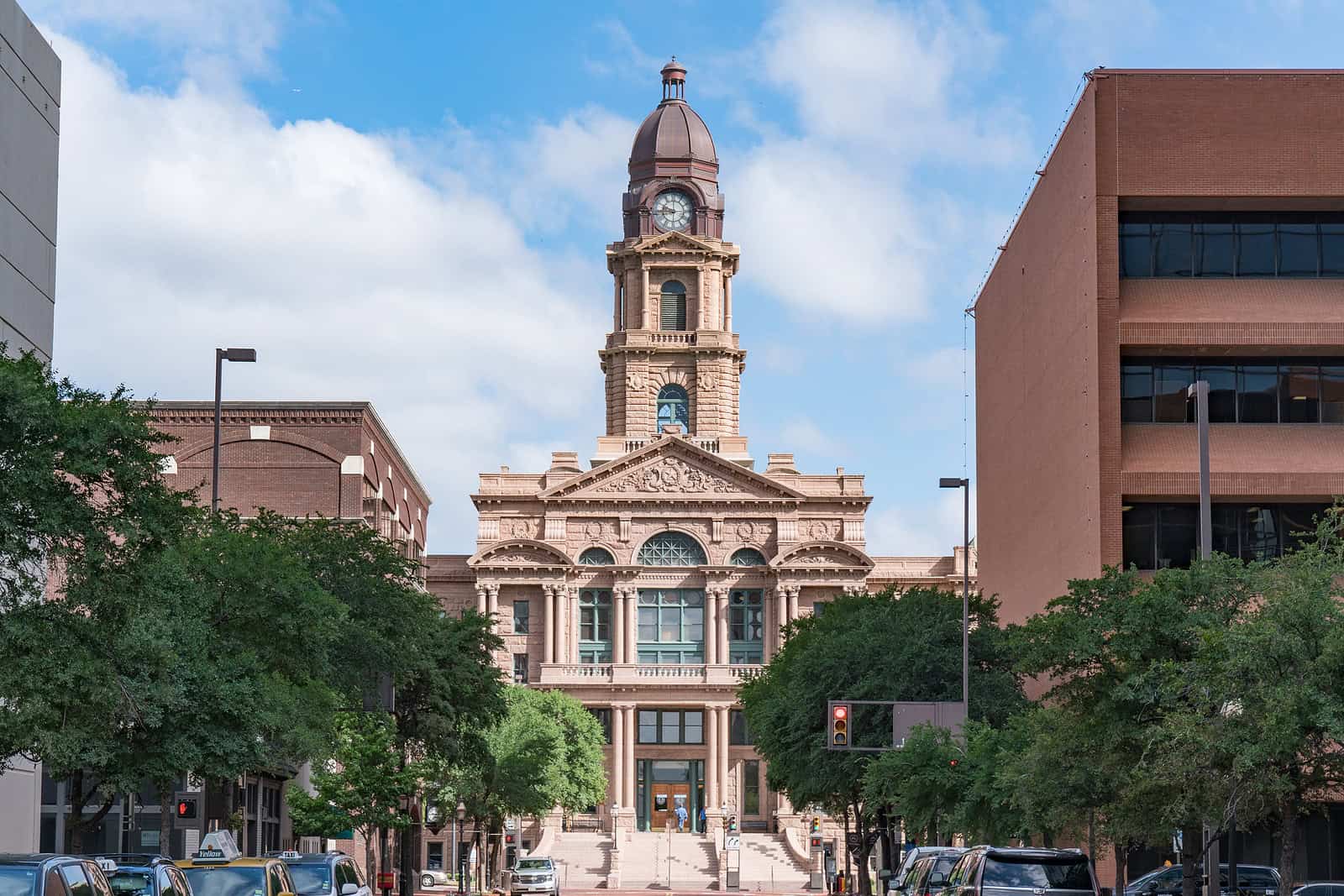
Pop quiz: what Texas governmental entities (cities, counties, special districts, etc.) are the most common? Surprisingly, special district governments are the most numerous. There are more than 3,250 special districts (including more than 1,100 independent school districts) in Texas but only 254 counties and around 1,200 cities. In April we explored the impact of cities on our industry. Last month, we discussed the role of county governments. This month we finish our three-month emphasis on local government by taking an in-depth look at special districts.
Special districts include school districts, water/environmental districts, college districts, hospital districts, utility districts, transportation districts, and agriculture districts. Special district governments are independent, specific-purpose governmental entities that have significant administrative powers and taxing authority. Special districts provide services that cross the city and/or county boundaries to provide services to Texans.
Many special districts are governed by the county commissioners’ courts. Most districts can levy ad valorem taxes, sell bonds, sue, and be sued. Others have additional powers relating to the implementation of sales taxes and fees. The special district boards most frequently have five members. Members are appointed or elected, as the legislation specifies.
Independent school districts (ISDs) impact AATC members more than other special districts. The largest portion of your property tax bill comes from the school district that has jurisdiction over your residential rental property. AATC members also pay property taxes to community college districts. While every parcel of real estate in Texas is in one of the more than 1,100 ISDs, there are only fifty community college districts with Tarrant County College (TCC) and Weather College (WC) being the largest within AATC’s nine-county service area.
Texans receive water bills from cities, but the source of that water is governed by more than 1,350 special districts such as the Trinity River Authority, Benbrook Water Authority, or the Brazos River Authority. These entities provide fresh water, water improvement, water control, underground water management, water quality control, and stormwater drainage.
Two special districts that have a profound impact on AATC members’ daily lives are toll authorities (820, Chisholm Trail Parkway, 121, etc.) and the hospital district. If you drive in Tarrant County, you experience the pain associated with infrastructure lagging far, far beyond the population. Your NTTA bill is worth it if you have ever been stuck on 820 at rush hour. John Peter Smith (JPS) Health network provides level-1 trauma care, hospitals, medical clinics, health services, mental health, and wellness to more than 2.1 million citizens in Tarrant County.
Overlooked and underappreciated, special districts provide much-needed health, education, and infrastructure services to AATC members.
KLICK & ROGERS WIN MAY 24 RUN-OFF ELECTIONS – AATC/TAA PAC endorsed, incumbent state representatives Stephanie Klick (R – HD 91) and Glenn Rogers (R – HD 60) won their hard-fought Republican primary run-off contests. Long time AATC member Klick (54%) defeated challenger David Lowe (46%) in the north Tarrant County House District 91 contest. Rogers (52%) overcame a challenge from Mike Olcott (48%) to win the redrawn House District 60 seat that includes Parker, Palo Pinto, and Stephens counties. Unfortunately, AATC/TAA supported state representative candidate Laura Hill (35%) lost in the open House District 93 race to Nate Schatzline (65%). In other Tarrant County contests, Phil Sorrells (59%) defeated former HD 93 state representative Matt Krause (41%) for the Republican nomination for Tarrant County District Attorney. AATC PAC was not involved in this contest. Statewide, incumbent Ken Paxton (68%) defeated George P. Bush for Republican nomination for Texas Attorney General and TAA PAC supported candidate Dawn Buckingham (69%) won the Republican nomination for Land Commissioner.
BUSINESS EXCHANGE REGISTRATION IS OPEN– Owner/operator and supplier partner registration is open for the 2022 Business Exchange presented by Perma Pier NAA PAC fundraiser set for 9:00 a.m. to 12:00 noon on August 9that the Irving Convention Center. To register, go to: https://www.aatcnet.org/events/2022-aatc-business-exchange
FORT WORTH SHORT-TERM RENTALS – AATC is closely monitoring recent proposals to regulate the short-term rentals in Fort Worth to ensure that any new ordinances or zoning requirements do not adversely impact AATC members.
FORT WORTH CODE AND CRIME – AATC is working with Fort Worth councilmembers and staff to seek solutions to address substandard and high-crime multifamily properties within the city. AATC recently met with city code officials to discuss updates to the city’s apartment inspection program.
FWISD STUDENT MOBILITY – AATC is working closely with school, state, and local officials as well as community leaders to explore ways to reduce student mobility for those FWISD students that live in multifamily properties. A FWISD study shows that the average elementary student in East Fort Worth moves more than four times in five years.
